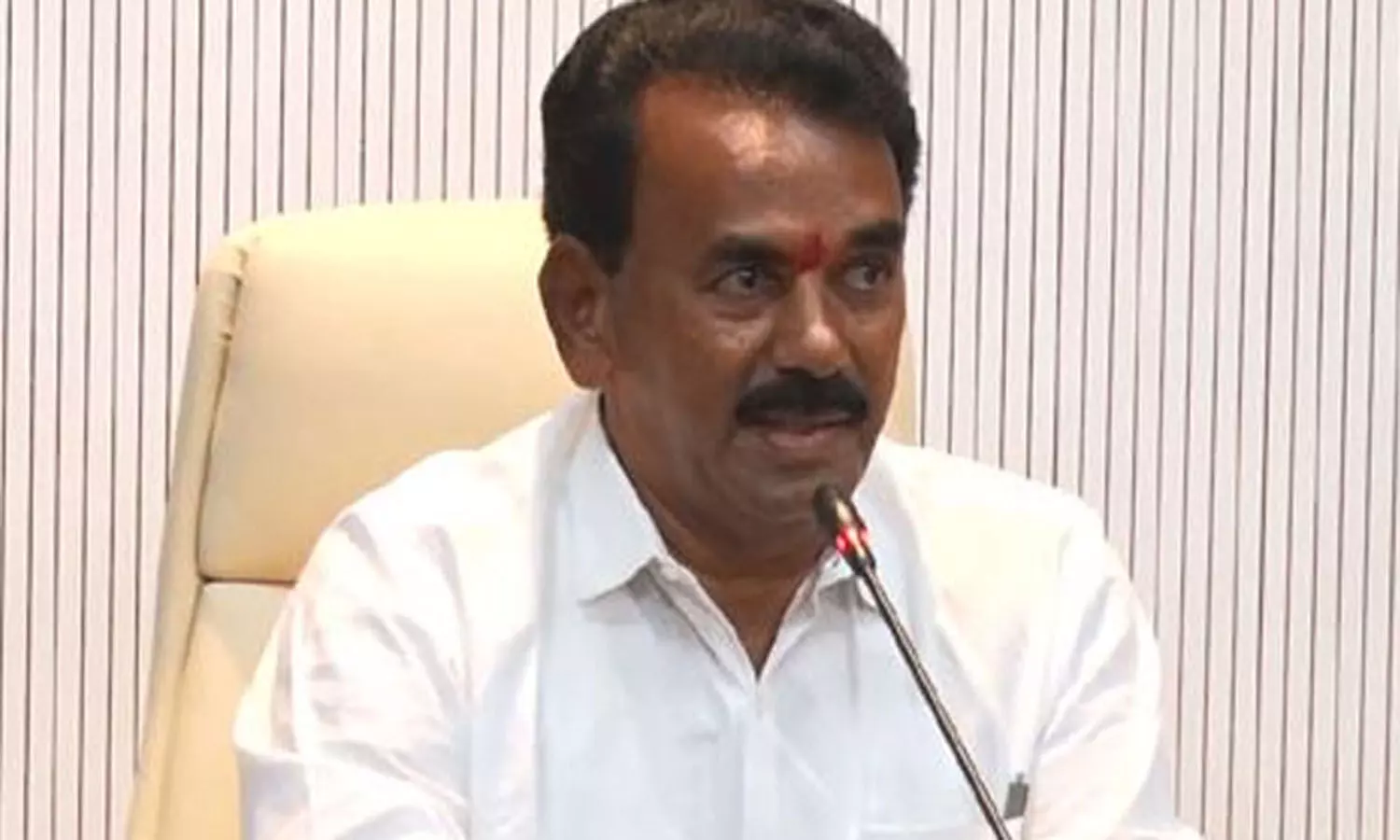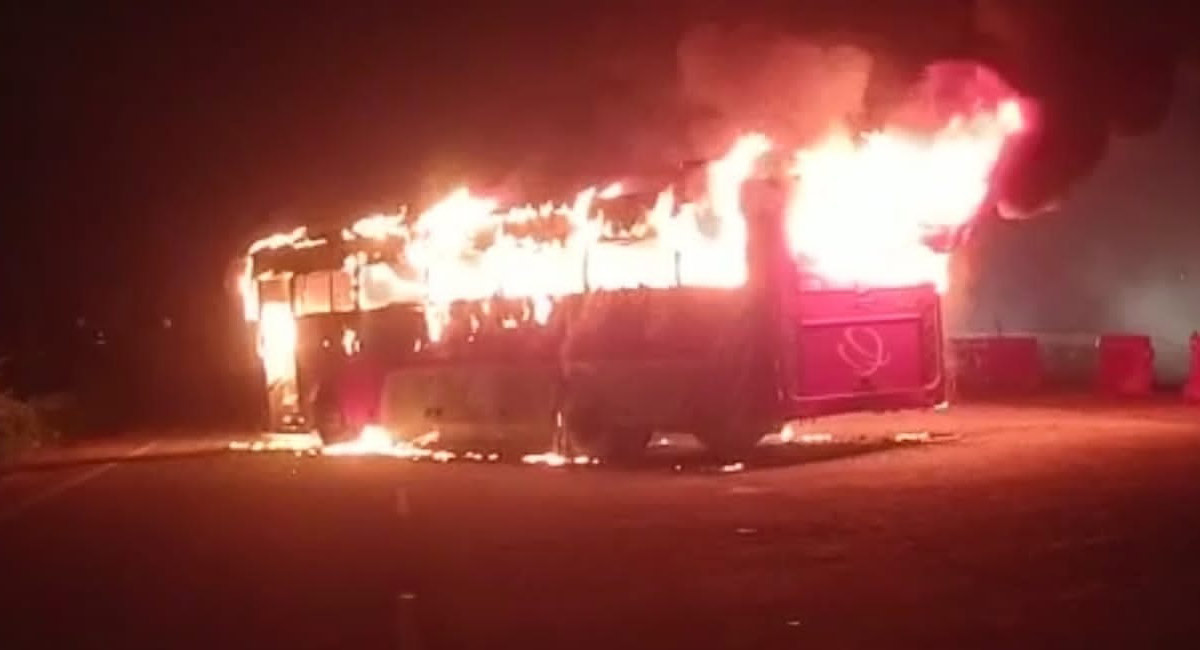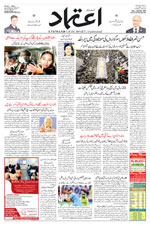Central trade unions' nationwide strike enters Day 2
Wed 09 Jan 2019, 10:46:40
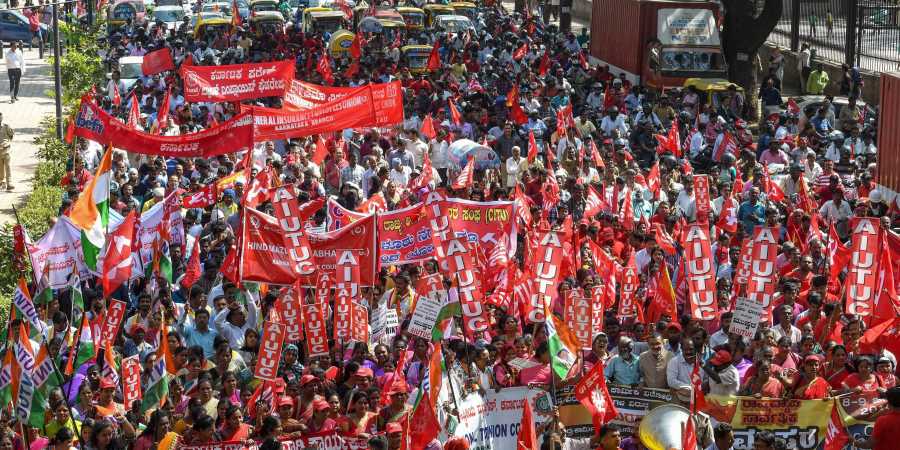
New Delhi: The two-day nationwide strike by central trade unions to protest against alleged anti-worker policies and unilateral labour reforms entered its second day Wednesday, impacting normal life in some parts of the country.
According to the reports, public transport and banking services remain disrupted for the second day in some states.
The 10 central trade unions (CTUs) which have given a call for the two-day Bharat Bandh are protesting the government's snub of their 12-point charter of demands seeking minimum wage of Rs 18,000, social security for all workers and issue related to price rise.
The workers participating in the strike will go on a protest march from Mandi House to Parliament Wednesday at noon, and similarly protests would be seen in other parts of the country as well.
All India Trade Union Congress General Secretary Amarjeet Kaur told PTI that there will be a complete bandh in Goa and Bihar, while 100 per cent strike is expected in other parts of the country too.
She said that due to UGC exams, which started from Tuesday, some state transport departments would not participate completely in the strike in the interest of students.
The exams are scheduled in
some states on Wednesday as well. The strike had received mixed response on Tuesday.
some states on Wednesday as well. The strike had received mixed response on Tuesday.
The educational institutes, rail, banking, postal and transport services are expected to witness disruption on Wednesday too.
The unions have alleged that the government has failed to create jobs and grossly ignored unions' 12-point charter of demands.
They also said that the Group of Ministers headed by Finance Minister Arun Jaitley on labour issues has not called unions for any discussion since September 2, 2015, strike which left them with no other option but to go on another strike.
In a joint statement issued on Monday, the CTUs also alleged that the government undermined tripartism and continued its "aggressive attack with arrogance on the lives and livelihood of the working people."
They are also opposed to the proposed amendments in Trade Union Act, 1926, saying those are irrational and extremely damaging to the independent functioning of unions.
Farming communities, through their associations, have also extended support to the strike. Student and teacher organisations of various universities have also declared support, the statement had said.
No Comments For This Post, Be first to write a Comment.
Most viewed from National
Most viewed from World
AIMIM News
Delhi Assembly polls: Owaisi leads Padyatra in Okhla
Feb 01, 2025
We reject this Waqf Amendment Bill: Asaduddin Owaisi
Jan 30, 2025
Latest Urdu News
Most Viewed
May 26, 2020
Which team will win the ICC Men's Champions Trophy 2025 held in Pakistan/Dubai?
Latest Videos View All
Like Us
Home
About Us
Advertise With Us
All Polls
Epaper Archives
Privacy Policy
Contact Us
Download Etemaad App
© 2025 Etemaad Daily News, All Rights Reserved.


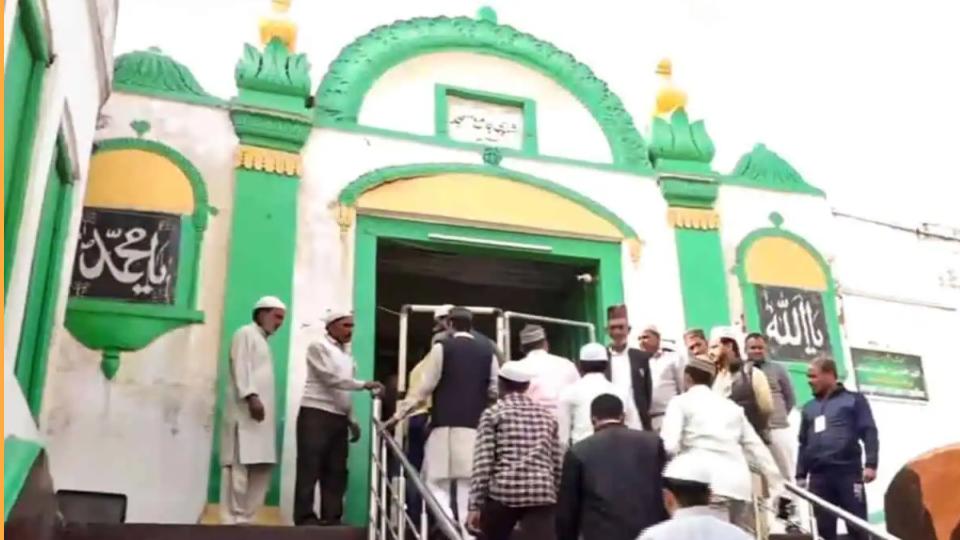
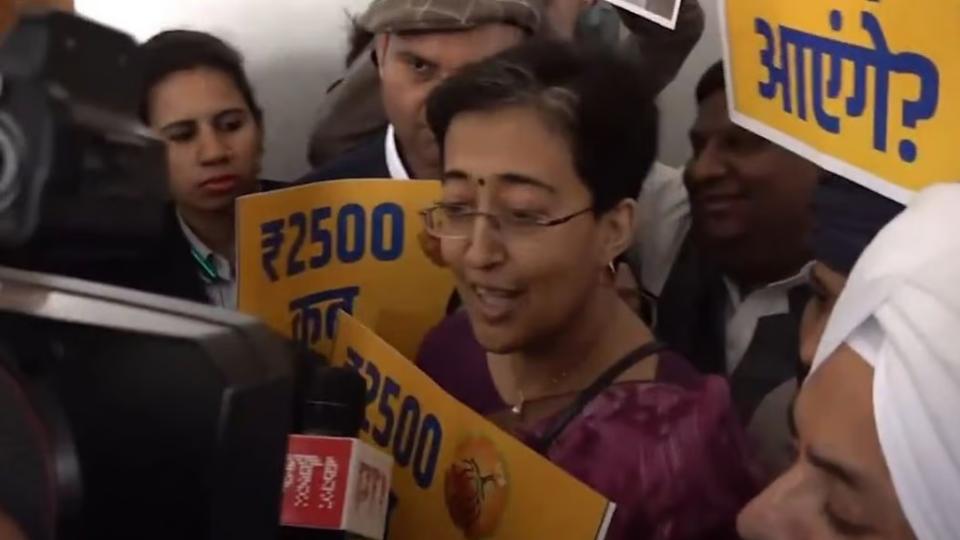
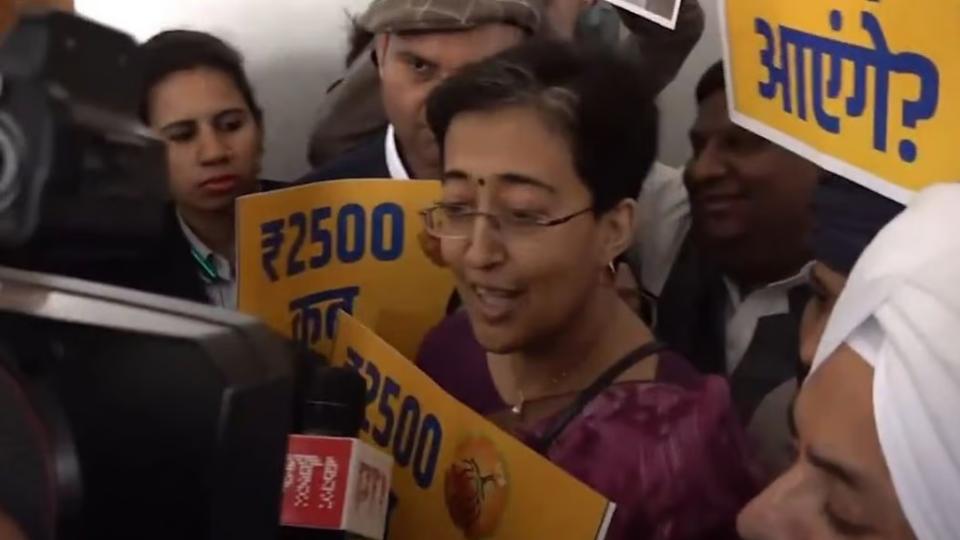
.jpg)
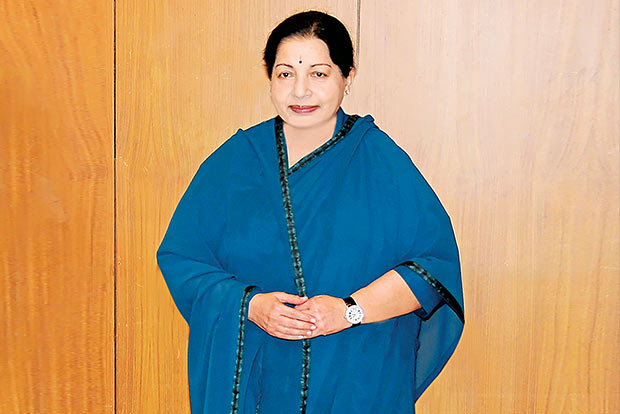
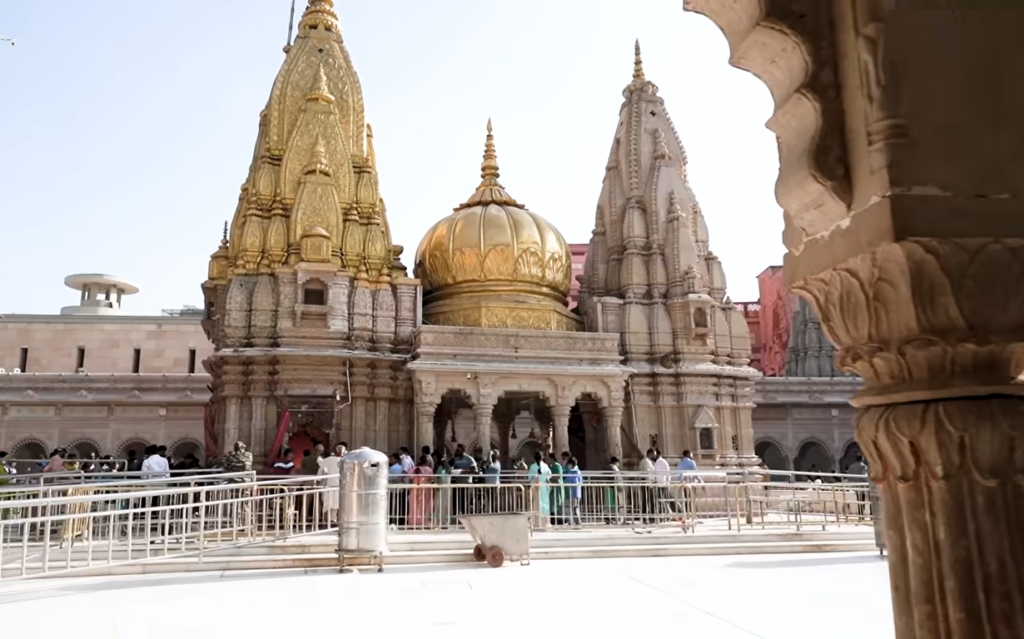


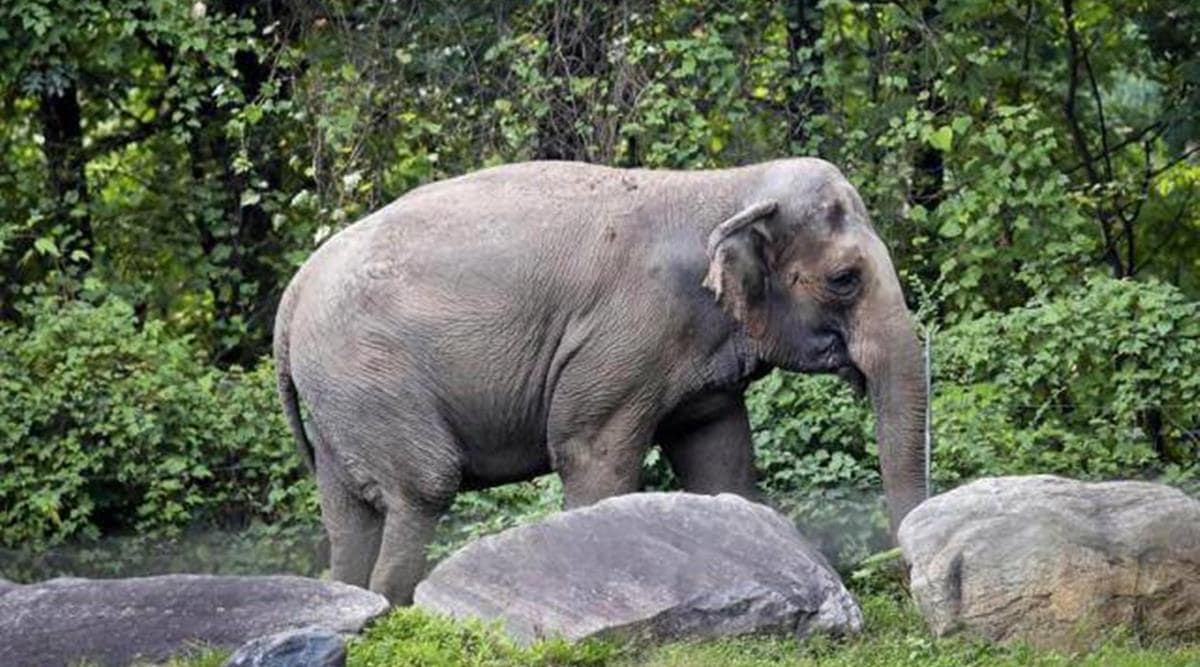

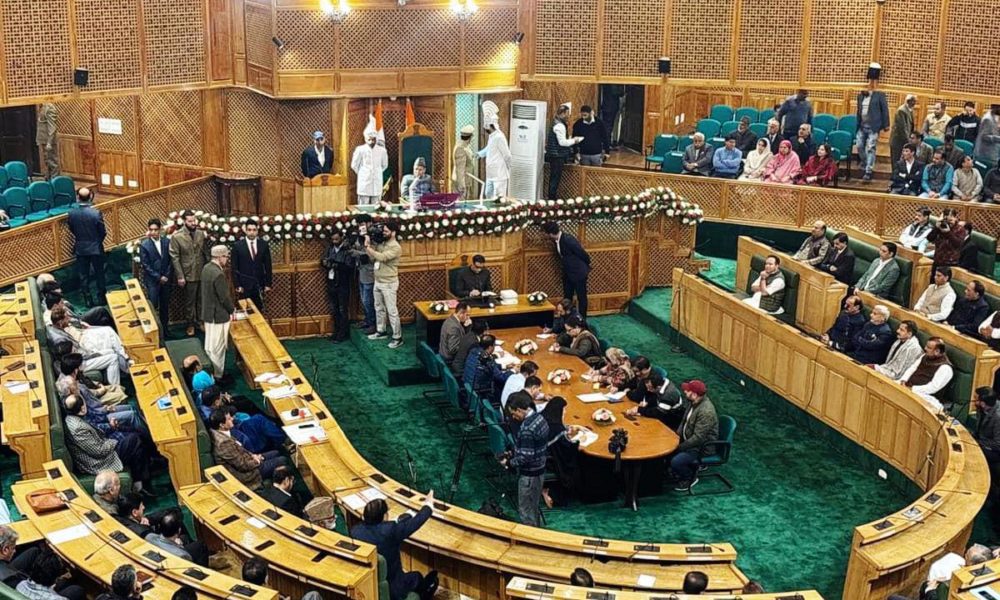
.jpg)
.jpg)
.jpg)
.jpg)
.jpg)
.jpg)

